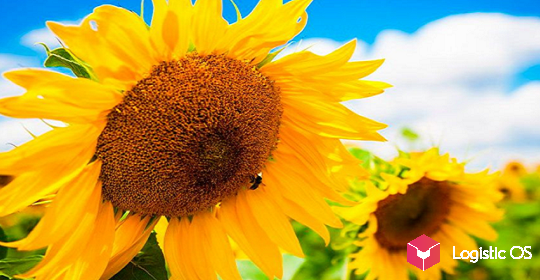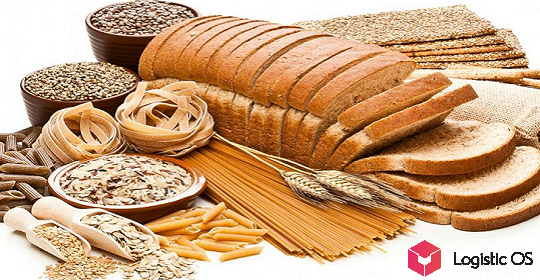According to the latest data, 132 million tons of grain were harvested in Russia this year.
The 2024 harvest in Russia was not very impressive — 132 million tons were harvested, which is 19 million tons less than in the previous season.
The average yield also fell: 28 centners per hectare against 32 centners per hectare a year ago.
The wheat harvest decreased from 99 million tons to 88 million tons, barley — from 23 million tons to 18 million tons, corn — from 14 million tons to 13 million tons.
As for oilseeds, there are mixed dynamics. In particular, the sunflower harvest fell from 18 million tons to 17 million tons, but the rapeseed harvest increased from 4.5 million tons to 5 million tons, 7.2 million tons of soybeans were threshed against 6.9 million tons last year.
Thus, despite the overall decline in the harvest this year, it may become one of the best for soybeans and rapeseed.
Russian Minister of Agriculture Oksana Lut even noted that Russian farmers are approaching record levels for these crops.
However, these figures are practically the only positive in the agricultural sector, since negative dynamics are also observed for a number of other crops.
For example, the buckwheat harvest decreased from 1.6 million tons to 1.3 million tons, and the yield also fell from 13 centners per hectare to 12 centners per hectare.
At the same time, despite the decrease in production, it fully covers domestic consumption, so, according to experts, this is not a problem.
As for rice, there is a positive side here again: this season’s harvest was a record, at 1.2 million tons. Last year, about 1.16 million tons of this crop were harvested.
In terms of vegetables, 2024 also turned out to be worse than 2023.
For example, 44 million tons of sugar beets were harvested as of November 26, while last year this figure was 50 million tons. 7 million tons of potatoes were harvested, which is also less than 8 million tons last year.
In general, farmers associate the decrease in harvest and yield of the main types of agricultural crops with weather conditions: frosts plus drought significantly worsened the condition of crops in many regions of the country, and in some places led to their death.
In order to eliminate a possible shortage on the market associated with a reduction in the harvest, the government is already taking measures.
In particular, the Eurasian Economic Commission has been asked to provide Russia with a tariff benefit in the form of an exemption from import customs duties from January 1 to July 31, 2025 for the supply of certain types of fruit and vegetable products.
This should not only eliminate the problem of shortages, but also curb price increases.

